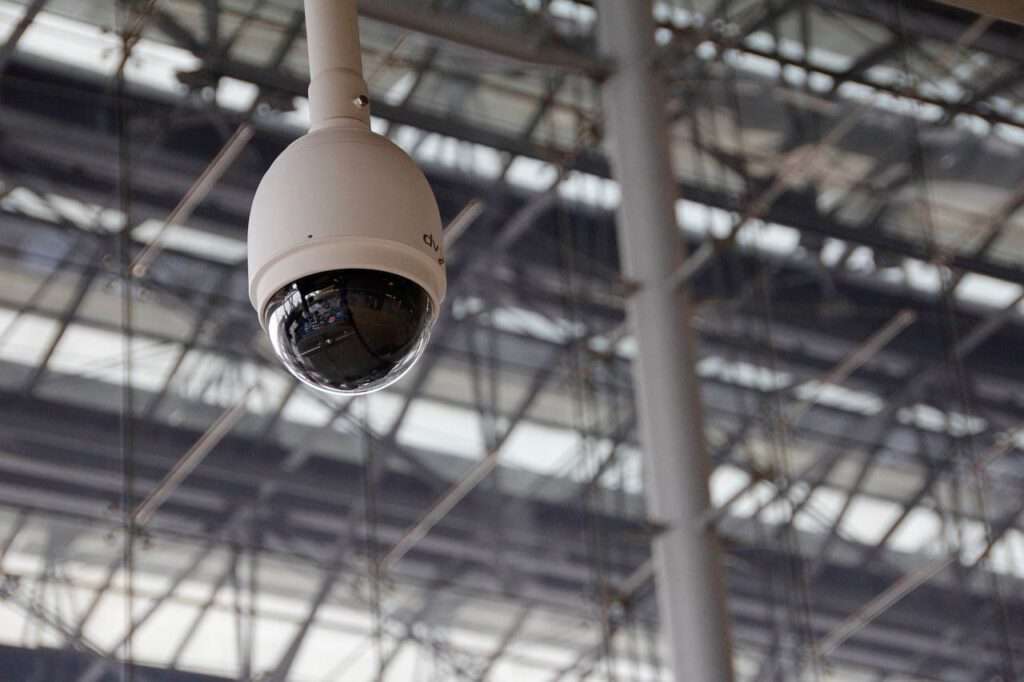The Federal Labor Court In its judgment of June 29.06.2023, 2 (case number: 296 AZR 22/XNUMX) decided on the usability of video surveillance recordings that were created in violation of data protection regulations. Such recordings, which show an employee's behavior in breach of contract, may nevertheless be used in a dismissal protection process in certain cases.
1. FACTS
The plaintiff employee had received dismissal from the defendant company due to conduct. The employer based the termination on the allegation that the plaintiff had not started an overtime shift and nevertheless wanted to claim remuneration for this. The employer had received an anonymous tip that employees were regularly cheating on working hours in the foundry. The employer then installed an obviously recognizable video camera. The analysis of the video camera recordings showed that the plaintiff had left the workplace on June 02.06.2018, XNUMX before the start of the shift. The plaintiff, represented by a labor law specialist, claimed before the labor court that he had actually worked on the day in question. He claimed that the video surveillance recordings were subject to a ban on the presentation of facts and the use of evidence.
The lower courts upheld the lawsuit in each case.
2. DECISION
After the defendant appealed, the Federal Labor Court referred the matter back to the State Labor Court. According to the requirements of Union law and constitutional law, the State Labor Court should not only have taken the defendant's submission into account, but should also have examined the video surveillance sequence in question. Processing of the plaintiff's personal data by the labor courts would not be ruled out even if the data collection requirements were met GDPR and the BDSG had not been fully complied with. This applies in any case if the data was collected openly and also shows the employee's intentional behavior in breach of contract. However, the Federal Labor Court expressly left it open whether, as an exception, a ban on exploitation could be considered for reasons of general prevention in the event of intentional breaches of duty if open video surveillance caused a serious violation of fundamental rights.
3. CONCLUSION
Even if, according to this decision, which has so far only been available as a press release, it appears possible to use video recordings that violate data protection in court, employers should work carefully when introducing video surveillance. In addition to the works council (if one exists), the company data protection officer should also always give a vote and evaluate the installation.








